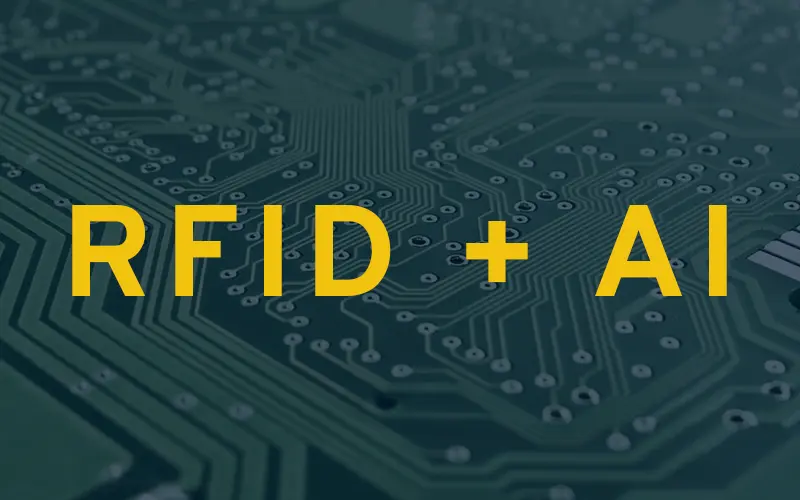
RFID in the retail sector
RFID (Radio Frequency Identification) technology has revolutionised retail management, enabling companies to improve operational efficiency and offer a more seamless shopping experience. RFID uses radio waves to identify and track tags attached to products in real time, without the need for direct contact or line of sight. This technology allows retailers to have much more precise control over their inventory, facilitating data-driven decision making and optimising supply chain management.
Key benefits of RFID in retail
-
Optimised inventory management: RFID provides real-time visibility, reducing errors and ensuring adequate product availability.
-
Reduced shrinkage and theft: Real-time tracking can detect anomalies and prevent internal and external theft.
-
Improved customer experience: Facilitates quick location of products and enables contactless payment processes, reducing waiting times.
-
Increased operational efficiency and cost reduction: Automates inventory control and optimises the supply chain, reducing operational costs.
Use cases and real examples
-
Zara: Has implemented RFID in all its shops to improve inventory management and ensure rapid product replenishment.
 ZARA Store
ZARA Store
-
Decathlon: Uses RFID for payment automation, allowing customers to scan and pay for multiple items at once.
-
Walmart: Has integrated RFID into its supply chain to improve inventory accuracy and reduce shrinkage.
 Walmart Miami
Walmart Miami
The impact of RFID on omni-channel commerce
The integration of RFID with omni-channel strategies enables retailers to manage inventory in a unified way between physical shops and online platforms, facilitating options such as online shopping with in-store pick-up (BOPIS) and improving distribution logistics.
Adoption challenges and barriers
-
Upfront costs: Investment in RFID infrastructure can be significant, although it has decreased in recent years.
-
Resistance to change: Some employees and companies are hesitant to adopt new technologies due to the learning curve and changing processes.
-
Technical difficulties: Implementation requires integrations with existing systems and resolution of RFID signal interference.
Future trends
-
Internet of Things (IoT): Connects RFID tags with smart sensors to obtain detailed information in real time.
-
Artificial Intelligence (AI): Improves the analysis of data obtained by RFID to optimise decision making.
-
Automation: Combining RFID with robotics will streamline warehousing and distribution processes.

RFID has transformed the retail sector, giving companies greater visibility, efficiency and security in inventory management. Its integration with emerging technology trends will make it a key tool for the future of retail. Retailers who strategically adopt RFID will gain a significant competitive advantage in the global marketplace.



